Building life and home in Vietnam
| “My favourite place to visit is Hue” | |
Claire Macken-General director RMIT Vietnam University
Before living here, I had always admired the Vietnamese people and had visited as a tourist, and enjoyed many different Vietnamese foods. In Melbourne, where I have lived, there is a fantastic Vietnamese presence and so moving to Vietnam felt very familiar and easy to do. Ho Chi Minh City is so vibrant and energetic. It never stops, day and night. The Vietnamese people have such a positive and optimistic attitude. We all know the motorbikes are crazy, but learning to ride a motorbike and drive in the traffic surprised me. It is not as hard as it looks. I was surprised by how many Vietnamese people love to sing karaoke, and how good (and bad) some of the singing is. I was surprised at many other things too – that Vietnam is one of the world’s largest exporters of fabulous coffee and cashews, and that you can make lovely coffee out of egg or coconut. Also, I have visited many parts of Vietnam, including Phu Quoc, Hoi An, Hue, Danang, Ho Tram, Halong Bay, Cat Ba Island, and of course Hanoi and Ho Chi Minh City, where I live. I have loved all the unique parts of Vietnam, but I think my favourite is Hue because of the history of the citadel and the gorgeous city. There are so many wonderful Vietnamese food options to choose from, it is hard to find just one that I love the most. I would definitely rate cha ca, bun bo hue, and bun bo nam bo. I live close to a Banh Mi 362 and love popping in for one of those as well. Vietnam is an aspirational country with big ambitions to change for the future. The young generations of Vietnam are hard-working and resilient. They are learning to become leaders of society through education, and developing autonomy and skills for their future. For me, I believe that my role is to lead education in a way that serves the Vietnamese community. In my role at RMIT Vietnam, I would like to create a positive impact for the country. | |
| “Bun Cha is one of the greatest dishes ever invented” | |
Riccardo Barella-Director of Sales and Marketing New World Phu Quoc Resort
I moved to Vietnam six years ago following a career opportunity in the hotel industry in what was then the fast developing destination of Phu Quoc. My first impression of Vietnam was of a very vibrant, loud, and enthusiastic country and I was immediately fascinated by it. In that time, Phu Quoc has been transformed into an international tourism destination with first class hotels, great nightlife, family attractions, and good infrastructure. However, you can still feel the traditional fishermen’s lifestyle in every corner and interaction. Having lived in Ho Chi Minh City for several years, I love the pace of life in the city, hectic and energetic, the good sense of community and the strong, lasting friendships we made with our neighbours and colleagues in this beautiful place. There are not many differences between Vietnamese and Italians, to be honest. Family living, the love of laughter, and the search for a great lifestyle are common traits that make life in Vietnam very enjoyable and easy to adapt to. For me, bun cha is one of the greatest dishes ever invented. I first tried this dish when I was exploring Ho Chi Minh City with a colleague and I was taken immediately by the simplicity and the richness of flavours. And it is impossible not to fall in love with all the traditions and rituals associated with Lunar New Year in the country. I especially love the flower displays and concerts that the city organises every year in their main street and in District 7, which I always visit with my family. With what I have been doing here, I am hoping that I can help my colleagues and collaborators in passing my professional and personal knowledge and contributing to their professional and personal growth: truth be told, I learn from them just as much. Vietnam is a country that moves at an incredibly fast pace, and this is easily observed in everyday life: Ho Chi Minh City has developed into a fully international hub, with an outstanding variety of shops and restaurants catering to its growing multicultural community. Things that were not so readily available just six years ago, from international groceries to specific books, are now effortless to come by and contribute to making life here even more beautiful. From a professional point of view, Vietnam is a country that is opening up to international tourism, offering a wealth of attractions unrivalled by any other country in the region: natural wonders, stunning scenery, historical towns, unique ecosystems, misty mountains, tropical beaches – it really has it all. There is still a lot of promotional work to be undertaken to show the world what Vietnam can offer, and big steps are being taken: as usual, the country moves fast and it is exciting for us to be part of it. | |
| “It has been more than a decade of delightful curiosity and exploration” | |
Vietnam is a country that had long captured my imagination, albeit from the distant view of Europe, and when the United Nations International School (UNIS) of Hanoi were searching for a director to come and launch a new programme for the school in 2010, there was no looking back. It was an adventure we were all undertaking together and I moved here from Paris with my husband and 7-year-old son to help build a future vision for UNIS Hanoi and its commitment to Vietnam. On arrival, the climate, culture, food and lifestyle were, of course, in stark contrast to living in Europe. And that was an important part of moving here for us – to discover something utterly different, and for our son to grow up experiencing and understanding that there are many ways to live in this world. It has been more than a decade of delightful curiosity and exploration. Both my husband and I committed to learning Vietnamese throughout our time here, and have been both fascinated and frustrated by the complex language and its regional variations. Coming from France, we were excited by the amount of vocabulary familiar to us, at the same time as learning with shame of the country’s French colonial past. However, neither of us have succeeded in mastering the language, to our embarrassment, although my husband has become quite proficient. It is a difficult language for Western ears to discern tonal differences and simply the incredible range of monosyllabic vocabulary with multiple words regularly used for even quite specific items like ‘heart’. To be honest, I have been both delighted and made lazy by the growth in English fluency, especially in Vietnam’s young people, which has opened up a whole new world of conversation and cultural exchange. Language tells a story in itself, and the complexity of the ways in which Vietnamese people address each other and use personal pronouns, demonstrates the rich social tapestry of a society that holds relationships and connections at its most important core. And it is this focus on relationships that our family has most enjoyed. Ordering food is the same. In Europe, the default ordering at a restaurant is for individual dishes, here, the default sharing. Again, it is the emphasis on family, sharing, and enjoying the togetherness that is important, and reflected in the way in which food is prepared and served. And my favourite traditions are also the ones that centre on family and connection. The Lunar New Year tradition of sending messages to the kitchen gods by releasing fish, and ensuring good luck for your family in the new year, is one of my favourites. And naturally the kumquat trees themselves with the beautiful blossom, full of spring promise and celebration of new life are a highlight every year, especially in the cold grey of Hanoi winters. I have been lucky to visit many parts of Vietnam with my family, even through events such as marathons. From the northern mountains of Sapa and Moc Chau, to the magnificent Halong Bay or through the pine tree hills of Dalat, that’s how I have experienced Vietnam and have been lucky to meet many great people on the way. I am extremely proud of the successful partnership between UNIS Hanoi, the UN, and the Vietnamese government spanning and supporting more than three decades of development and economic growth in Vietnam. It is the passion and vision of UNIS Hanoi to be part of something bigger, helping to shape future generations of young people and empowering them for success, that has kept me in Hanoi for 12 years. I am also proud of the impact of my work and the programmes that we have made possible at UNIS Hanoi, but it is the people I have met, the places I have visited, the traditions I have discovered, and the country that I have fallen in love with. I have lived longer in Hanoi than in any other place during my life. Hanoi has become home. The remarkable beauty of this country has been a privilege to explore, and at the same time, the lack of respect that is given to preserving that beauty through short-sightedness or lack of awareness is a source of great sadness. I hope that addressing this imbalance is something that will take front and centre priority as Vietnam continues its extraordinary trajectory of development. | |
| “The most exciting thing about living here is we feel prouder” | |
Julie Yi Jongbin-Independent investor
We came to Ho Chi Minh City at the end of 2018 and there were many Koreans living here, and so we thought it was worthwhile to open a clinic here. It has been four years since we moved and we have been treating dermatology-related disease and carrying out beauty consulting. The most exciting thing about living here is that we feel prouder of our job compared to working back in South Korea. Because there are few Korean dermatologists here, when a Korean living in Ho Chi Minh City had skin problems, it was hard to communicate with foreign doctors before we entered. But now, many of them can easily access treatment. We experienced a hard time getting work permits when we tried to open the clinic, but that was eventually settled. So far, I am happy with our life here. What attracts me most is the herbs served with bun cha. With various flavours, it has become a special and exotic food to me. | |
| “We highly recommend Hang Son Doong” | |
Laurent Genet-General director, Audi Vietnam
French CFAO Group hired me in 2006 for a new automotive joint venture in Vietnam. Next year, it will be 17 years and nine temporary residence cards. My kids – now aged 27 and 24 – have spent more than half of their life in Vietnam. Thanks to the quality of education at international schools here, they are now working in London. But for them, their home country is Vietnam. In 2006, Vietnam entered into consumerism. Xe oms were everywhere and English was not easy to go by with taxi drivers. The following year, Vietnam joined the World Trade Organization and appeared on the radar of multinational brands as a possible place to do business over the long term. Luxury brands came first, and this was the time we were appointed by Audi as the official Audi Vietnam importer and dealer. In our case, Vietnam was the second country in ASEAN inaugurating the new Audi Terminal concept in Ho Chi Minh City. When we started the company, we had to open bank accounts for all our staff. Today, people in the street use smartphones and apps to go places or to order food and clothing. Companies issue e-invoices. Vietnam has gone digital almost overnight. Like in all emerging countries, unpredictable things happen in Vietnam. Regulations may not be as clear once translated in English, but what I enjoy here is the positive mindset of the people to make it happen. Vietnamese people welcome foreigners who respect the local culture and customs, appreciate the food, and respect traditions. We live in Ho Chi Minh City, where you can work hard and play hard. The pace is fast and the weather is pleasant. When we go to Hanoi, we also enjoy the atmospheric look and feel of the Old Quarter. On a professional level, trusting good Vietnamese partners is paramount to success in Vietnam. CFAO Group with Audi Vietnam still boasts the same partners as it did in 2006. I really like bun thit nuong or, if I have no time, a banh mi and a ca phe sua da. When it is really hot when relaxing at the beach, a fresh Larue beer comes in handy, or in the evening the Belgo Triple – which you can only find in Vietnam since it is a Belgian beer made in Ho Chi Minh City. Last year, my wife and I went caving for four days in the Tu Lan caves. It is near the Hang Son Doong caves, and we highly recommend the wonderful swimming and jungle trekking experience that came with it. It is breathtaking and very well organised. If there is one thing I could suggest to make life better for executives of multinational companies, I would recommend to issue 5-10 year temporary residence cards for long-term residents who make Vietnam their home. Today, foreigners depend on two-year residence cards and must renew driving licences and all related paperwork. | |
| “An overnight cruise in the Mekong Delta or Halong Bay, spending time in Hoi An and the Sapa region is A great option” | |
John Gardner-CEO, Archipelago Indochina
Vietnam possesses many great advantages for tourism development, especially beautiful natural scenery and fascinating experience. I am especially impressed with travel experiences such as an overnight cruise in the Mekong Delta, spending time in Hoi An, a Halong Bay overnight cruise, and if time allows, the Sapa region. Topaz Eco Lodge is a great option there. However, since lockdown was lifted in March the inbound tourism arrivals have been disappointing simply because of the current restrictive visa regulations. Myself and everybody in the tourism and hospitality industry are expecting the government to fall in line with all other countries in ASEAN and open up visa-free entry into Vietnam for more countries and extend the travel period from the current 15 days to minimum 30 days or more. Currently many other countries in this region allow up to 90 days. Like all new brands entering into a country it’s always challenging getting the first management contracts, as not so many people know our brands. However this will improve as we sign more contracts, as we are now. Our first such contract is a brand conversion in Nha Trang which we signed a few weeks ago, and which is now going through the process of rebranding. Recently, we recruited two excellent business development managers who will greatly accelerate our growth. We also have an e-commerce solution for independent hotel managers that wish to continue running their own hotel but need assistance with revenue management, rate distribution, booking engine, and channel management which will greatly enhance their online business. Having signed a number of contracts already for this service, we expect this solution to be extremely popular and spearhead our growth in the country. I truly believe Archipelago’s timing in entering Vietnam is excellent with the opening last year, and many growth plans in the pipeline of many development companies and expect our growth next year will exceed our rather conservative budget. | |
| “This year’s attractive hot spots include Lan Ha Bay, Quy Nhon, and Dalat” | |
In 2022, the difficulties Vietravel faced in regards to sightseeing, entertainment, and food and beverage services did not completely recover, and many tourist facilities have not yet resumed operations, affecting the tour itineraries and quotations for partners. The limited opening policy of the Chinese government directly affected growth rates because the market accounts for the highest proportion of inbound tourists in Vietnam. In addition, Vietnam’s visa policy for international visitors after opening is still limited and the processing time is long. With the purpose of the most favourable conditions for international visitors to Vietnam, Vietravel proposes several suggestions related to Vietnam visa policy. Consideration should be made to increase the visa exemption period for visa-exempt countries from 15 days to 30 days, expanding the exemption policy to the US, Australia, New Zealand, and other targeted markets and extending the e-visa policy to some nations in the Middle East. Because Vietravel maintained strong partner connections during the pandemic, the potential for bouncing back is huge. When the tourism market continues its recovery next year, Vietravel will carry on with comprehensive cooperation with Vietnam’s representatives abroad to organise impressive bilateral tourism promotion activities to promote Vietnam tourism in key markets. We intend to focus on the online segment to capitalise on global trends of recent years. In addition to maintaining and exploiting core markets of Vietravel such as Southeast and East Asia and Europe, the company will focus on developing new strategic markets such as India, the Middle East, and even Mongolia. After the pandemic, traveller demand for hotel services has changed. They prefer higher-quality services and more unique hotels to enjoy their holiday to the fullest. Furthermore, trend interests are looking for new opportunities in discovering local cuisine and unique experiences in Vietnam. Depending on the target travellers, there will be a different variety of recommended destinations. However, most will focus on key destinations such as Halong Bay, Hoi An, and Phu Quoc. Besides that, there are some other attractive destinations including Lan Ha Bay, Quy Nhon, and Dalat. |
What the stars mean:
★ Poor ★ ★ Promising ★★★ Good ★★★★ Very good ★★★★★ Exceptional
Related Contents
Latest News
More News
- Wine securing a stronger foothold in Vietnamese market (June 09, 2025 | 10:50)
- Vibrant Vietnamese cuisine fit for global tastes (June 09, 2025 | 10:42)
- Vietnam can be global hot spot in 2025 (January 29, 2025 | 00:38)
- Promoting tourism and hospitality with sustainability (January 28, 2025 | 09:00)
- Vietnam centres on eco-luxury tourism and hospitality (January 28, 2025 | 02:06)
- Growth prospects for Vietnam’s event tourism in 2025 (January 28, 2025 | 01:18)
- Core values drive success at Marriott (January 24, 2025 | 16:00)
- Hoteliers to prioritise eco-luxury (January 04, 2025 | 09:00)
- Vietnam upscale tourism on the rise for 2025 (December 30, 2024 | 12:03)
- Addressing concerns can shape green hospitality (December 04, 2024 | 10:24)

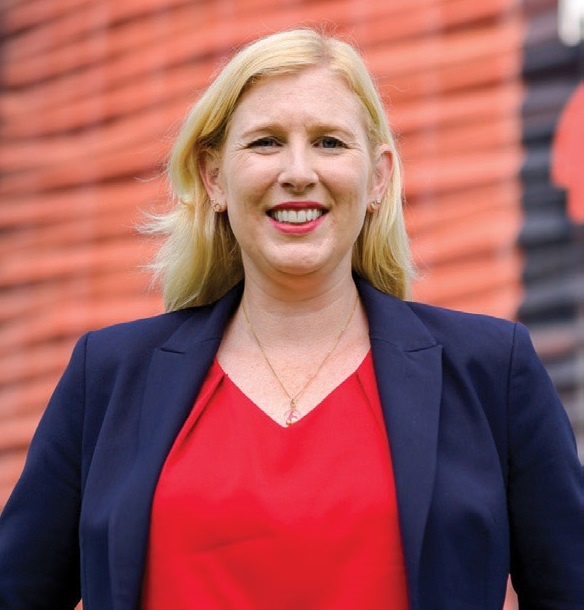
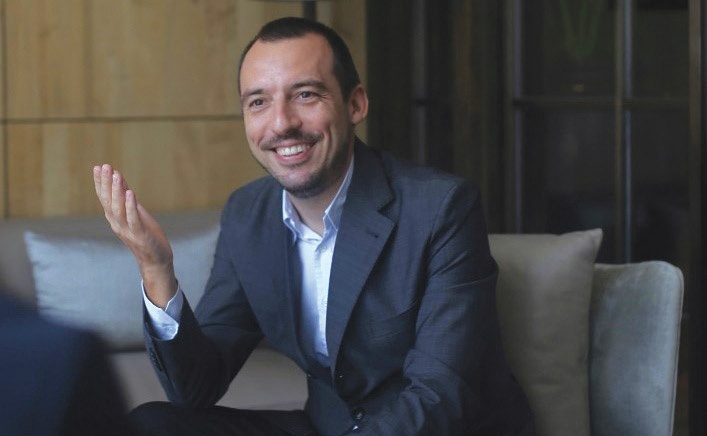
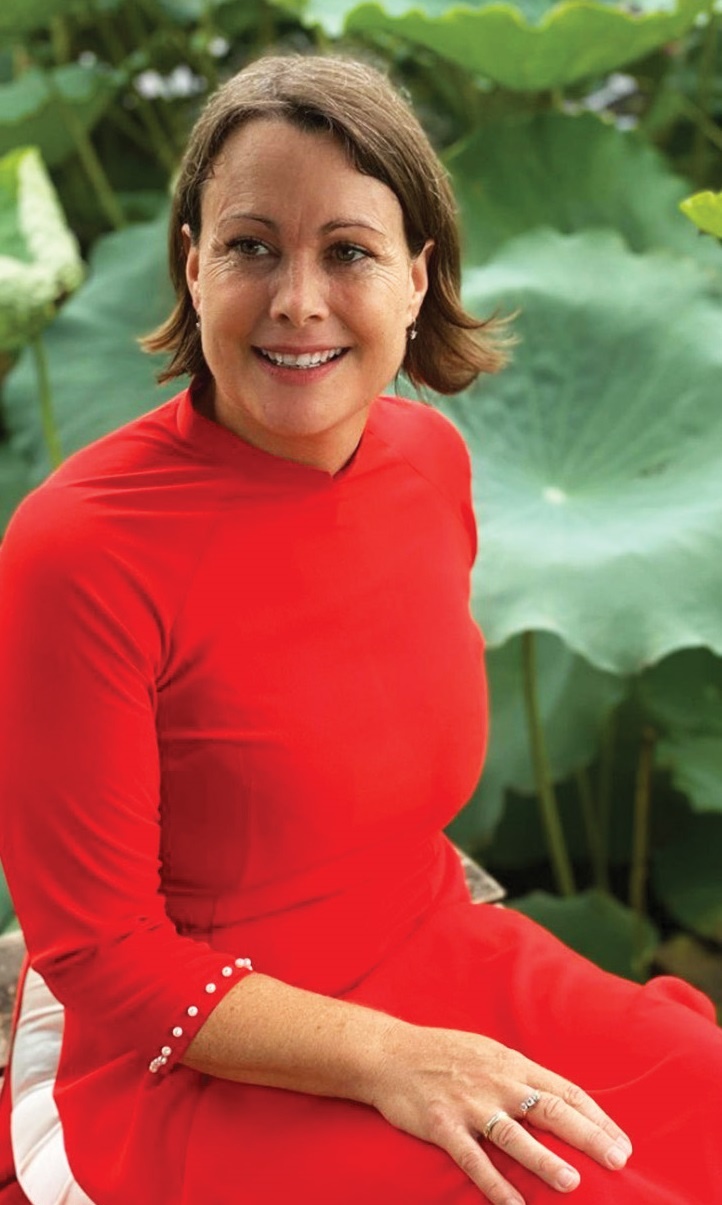
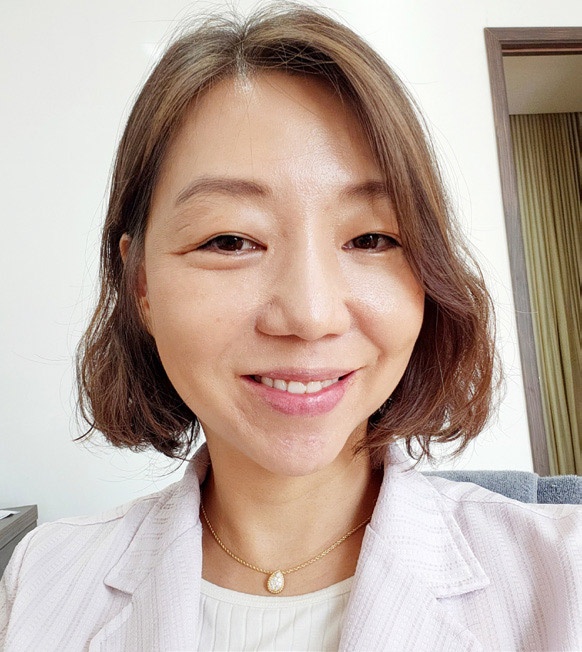
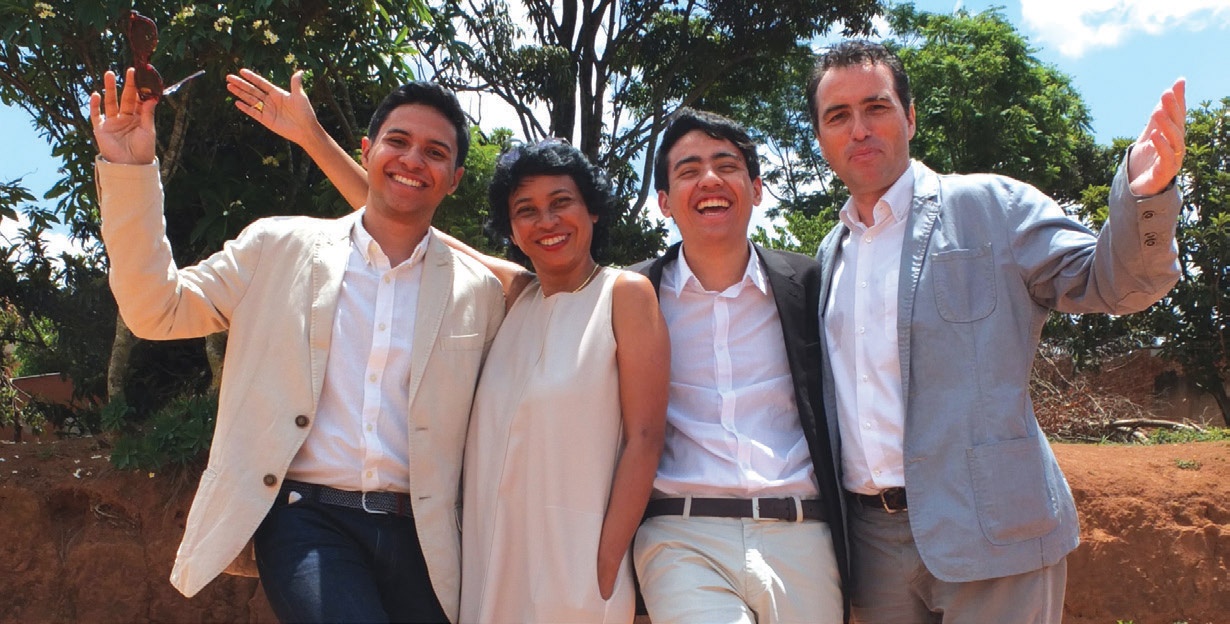
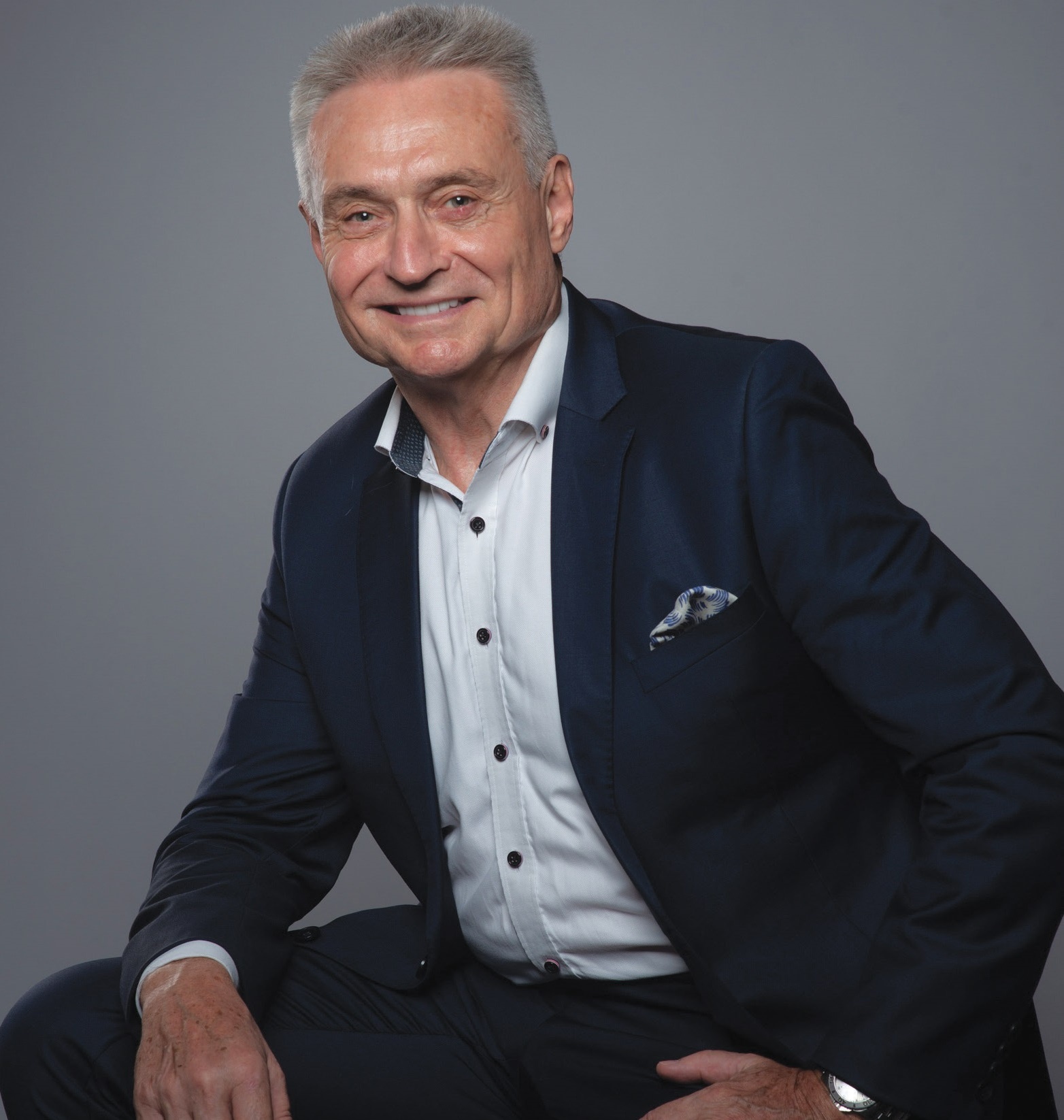
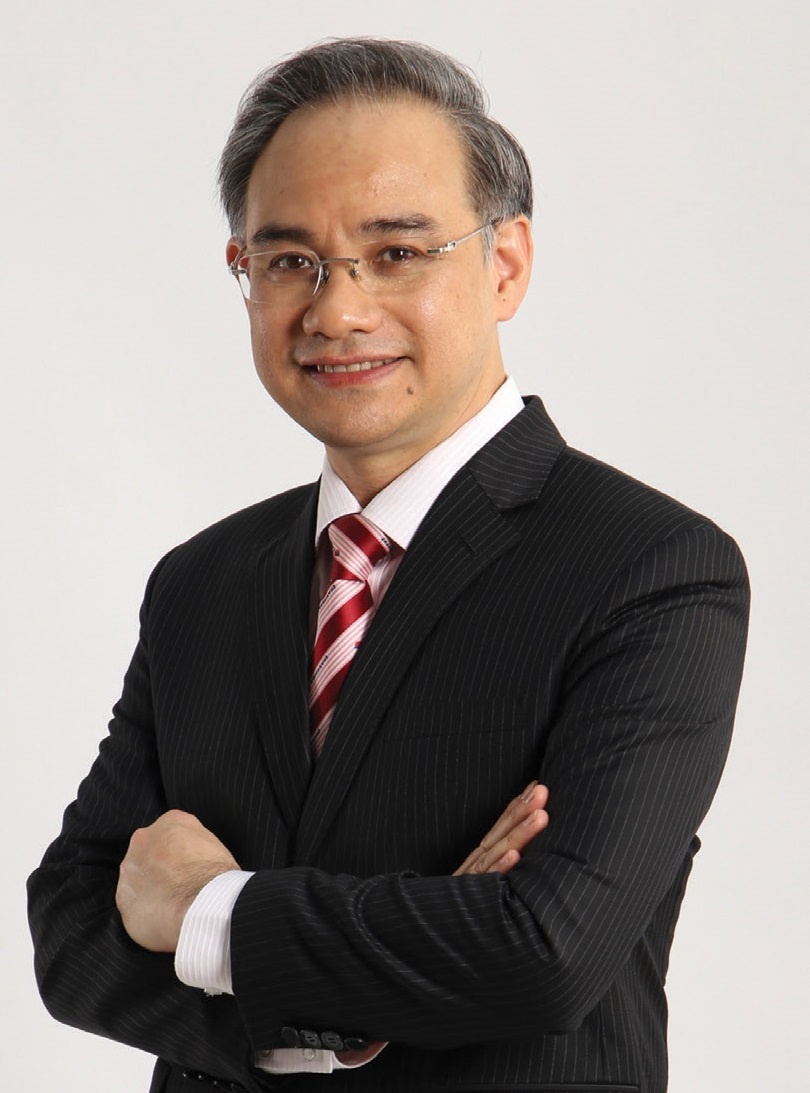
 Tag:
Tag:




















 Mobile Version
Mobile Version